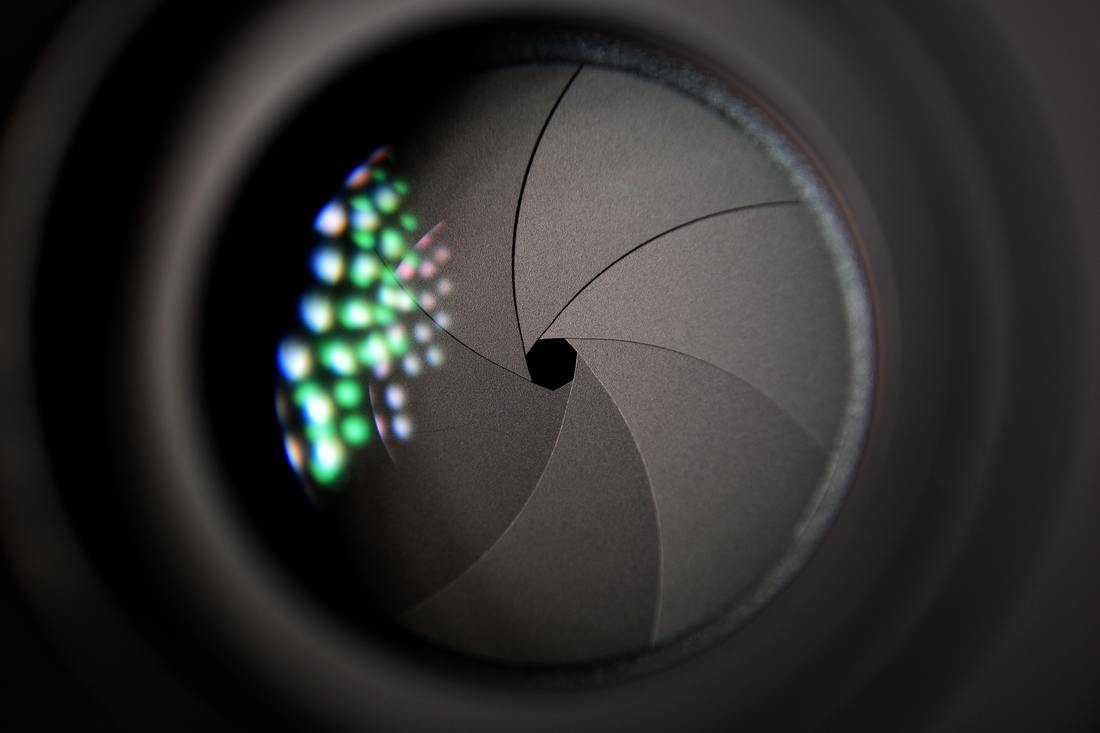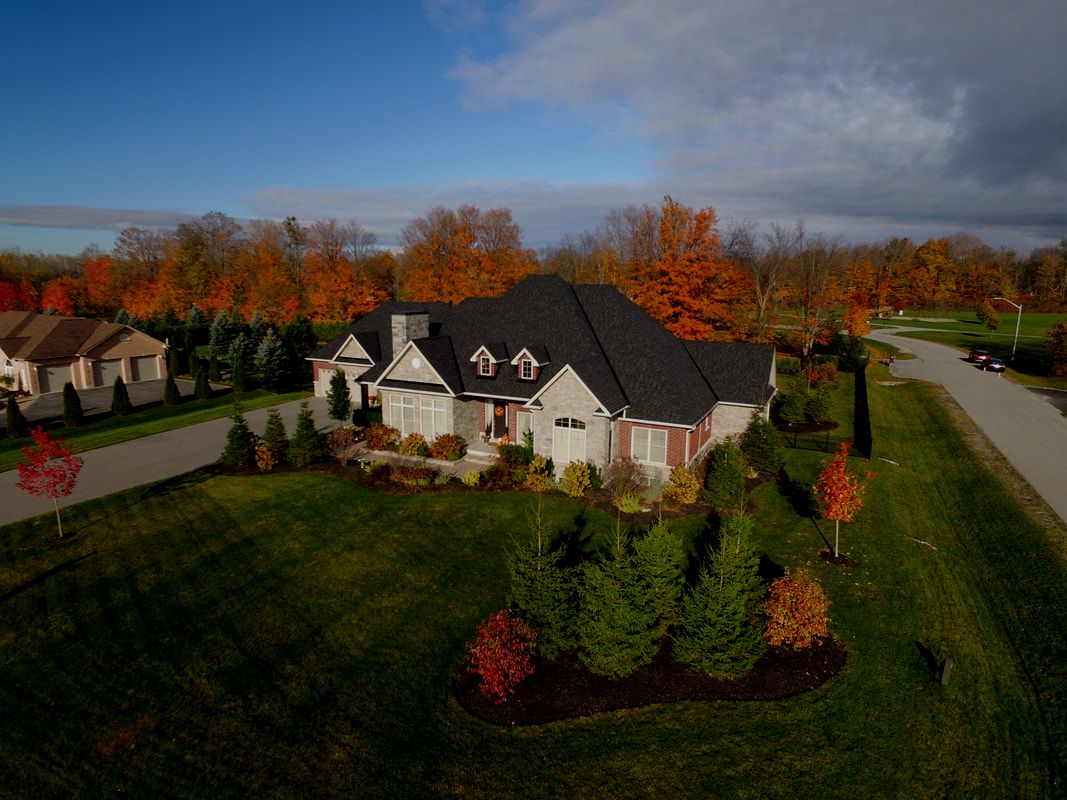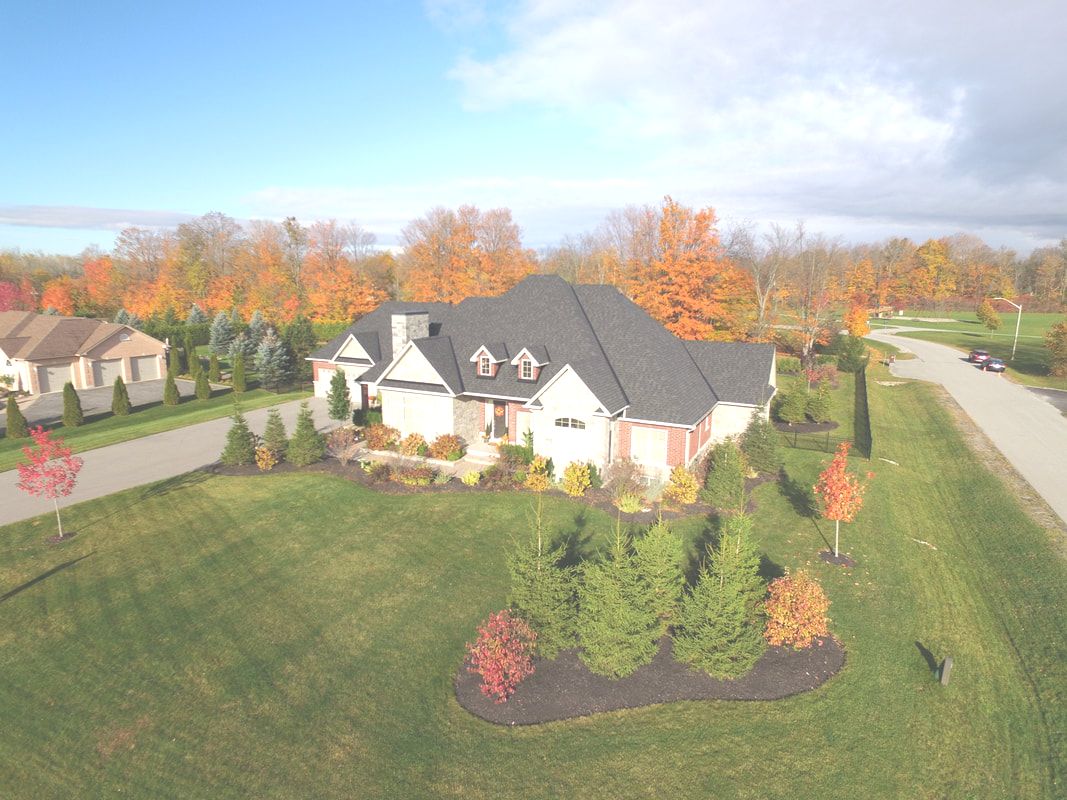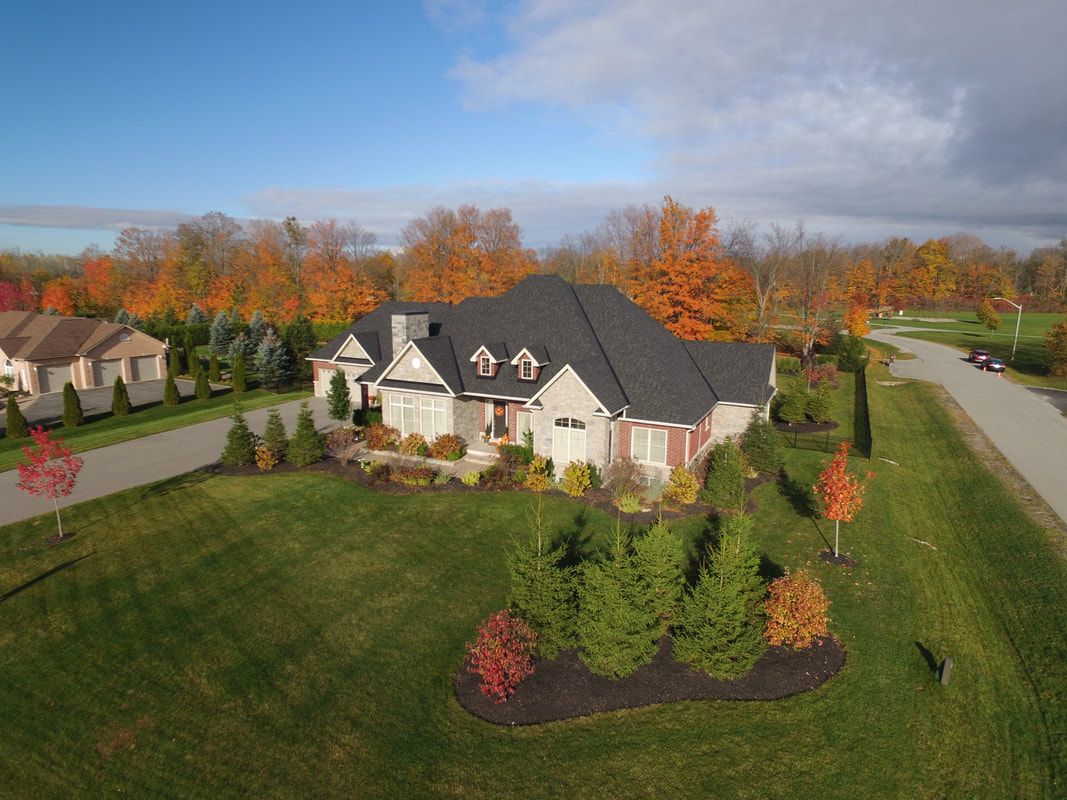|
Happy Belated New Year, everyone! We hope everyone is staying safe and warm during these winter months! Have a project you want to show off? Contact us today for a quote!
We are super excited to be coming into the new year with a new Drone, and new creative ideas to help market that Real Estate portfolio, show off that latest project you and your team have been working on, documenting a construction site or even just capturing personal memories and events! A very happy 2022 to everyone! ~From the ASAP team.
0 Comments
Simple answer: Artists don't work for free!
Longer answer: It's a great question, and one photographers often get asked. Believe it or not, while it may seem like a straight-forward job, being a photographer as a job/career has many, many expenses. The gear alone can costs thousands upon thousands of dollars! Not to mention paying insurance, travel, editing fees, equipment ware, licensing software, labour, taxes, and location rental or other small business expenses, and the list goes on! Probably the most important part the client pays for is the skill-set. While it is true that everyone has a high-quality camera these days in their cell-phones, not everyone is versed in the theory and practice of professional photography, and even further there, photographers can be specialized, such as aerial photographers, sports photographers, war photographers, journalism, etc...You are paying for someone to do it right. Another example is that anyone can stick bricks together, but to have it professionally done and done safely/correctly, we hire a construction company. In short, photographers as artists are often taken advantage of. They are often asked to do work for free because it would "look good on their portfolio". While it may be true, photographers are people too with their own lives and expenses. We at A.S.A.P. are flexible and are very competitive with pricing, but as said above, shooting isn't free! What are your opinions? Comment below!
Using filters on a drone's camera separates the casual drone pilot with the pros. The difference in quality can be outstanding.
Camera filters are transparent lens-mounted camera accessories that control how much light makes it to the lens, and eventually the CCD (sensor) of your drone's camera. There are many different types of camera filters. Here are some of the more common ones: Polarized/CPL: Just like your sunglasses, polarized filters help reduce light glare and makes shots look a lot more sharper - perfect for shooting shots over water or in other high-light conditions. These are sometimes called CPL filters (Circular Polarized/Linear). They generally do the same thing. ND: ND stands for neutral density filters. What they do is that they limit the amount of light that can pass through to your camera. These are especially important if you are shooting in a high-light environment such as a snowy location on a sunny day, or at a beach/ over water that reflects the sun. The different levels of ND indicated the power of the filter. 8 being less powerful and blocking less light than a 32, and so on. These two are the most important filters you can use with your shoots. Note that there are also combinations of CPL ND filter, so take a look on google for some for sale that can fit your drone! Note that shutter speed is a good way to control the general brightness of your photos and video, but this comes with its own limitations. slower shutter speeds, while brighter, add more blur to videos while faster shutter speeds can add distortion and grain. Shutter speed can be a totally separate post! Below are a few examples of what an overexposed (no filter or too slow of a shutter speed), underexposed (too much filter or too fast of a shutter speed) and a good filter/shutter speed combination. The results speak for themselves! UnderexposedOverexposedGood CombinationA $50 lens can really help make your works stand out and with professional looking photos, both you and your resulting pictures will be a lot happier! Do you have any experience with using filters? Do you have any questions regarding camera filters or other techniques you would like us to share? Put them in the comments below! Thanks for reading! |
Henry Baillie-BrownHenry is the founder and operator of Air Support Aerial Photography. Here he talks about A.S.A.P. news, drone industry news, and opinion pieces! Archives
April 2024
Categories
All
|
HoursEveryday: 9am-5pm
|
Telephone705-279-3597
|
|






 RSS Feed
RSS Feed
